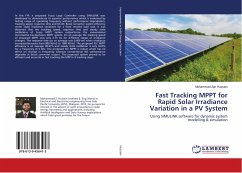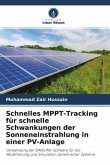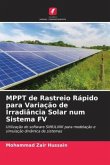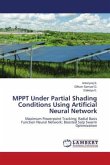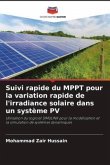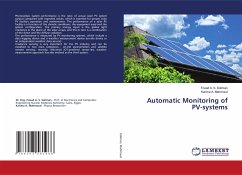In this FYP, a proposed Fuzzy Logic Controller using SIMULINK was developed to demonstrate its superior performance which is evaluated by testing range of operating frequency without performance degradation, tracking speed, response time and DC-DC Boost converter system efficiency under rapid irradiance variations for a fixed resistive load case. It was observed that the tracking speed, response time and steady state oscillations of Fuzzy MPPT system outperforms the conventional Incremental Conductance MPPT system. On an average the tracking speed of proposed MPPT was only 3.75 ms for different stages of irradiance changes. The response time on an average was 0.409 sec when irradiance increases/decreases from 800 W/m2 to 1000 W/m2. The proposed FLC MPPT efficiency is on average 99.91% and steady state oscillation is only 0.05% for a frequency of 5 kHz. The proposed FLC MPPT is robust which has no effect on change in frequency whereas conventional INC performance degrades at boostconverter output. The proposed system proved to be efficient and accurate in fast tracking the MPP in 4 tracking steps.
Bitte wählen Sie Ihr Anliegen aus.
Rechnungen
Retourenschein anfordern
Bestellstatus
Storno

